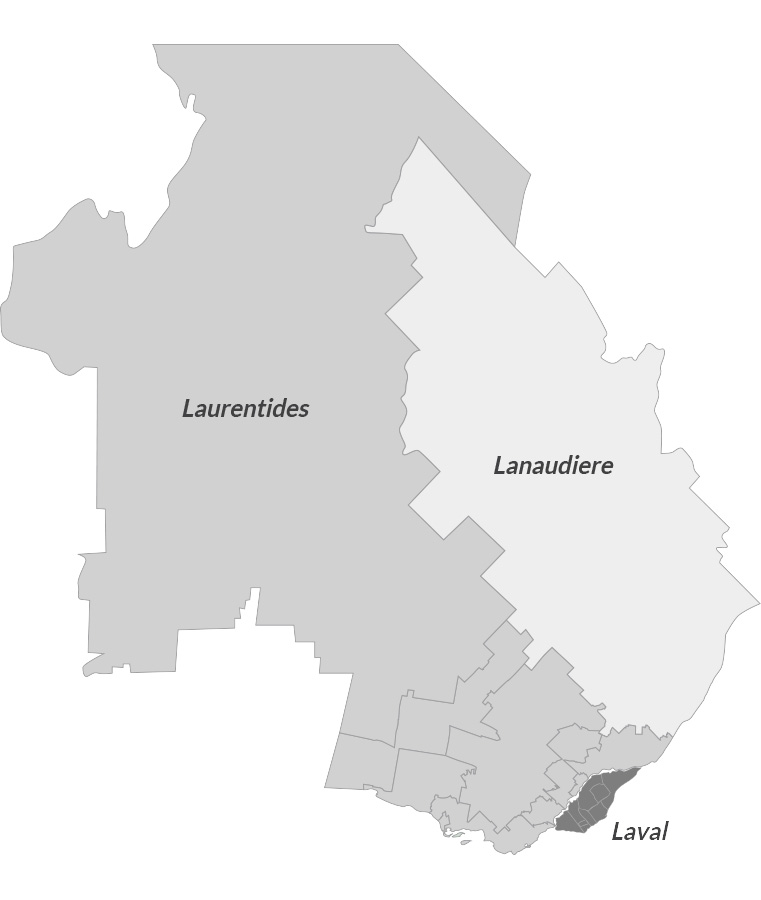Our History
Our union was created by a merger of the Laval English Catholic Teachers’ Association and the North Island Laurentian Teachers’ Union in 1998. Our board was created as an English-language school board and it assumed the responsibilities of eight Protestant and Catholic boards. It currently operates 42 schools and centres. Our union meets regularly with the school board to review educational policies (EPC), decide on the utilization of professional improvement grants (PIC), develop policies and procedures for children with special needs (Special Education Parity Committee), the training of student teachers (Teacher Training committee) and to study jointly questions involving the interpretation of our collective agreement (Labour Relations Committee).
With more than 1200 members working in three sectors (Youth, Adult, and Vocational), it is a big job. Our union depends on countless teachers who volunteer on our Executive and Board of Directors, as well as on various Committees or as school delegates.
The Executive makes recommendations and sees that policies are carried out and that the Collective Agreement is respected. In between general meetings, it is the Board of Directors, elected by the teachers of a given sector, which takes decisions. School delegates, chosen by each staff at the beginning of the school year, have the very important duty of communicating your views to the rest of the union and representing you, individually and as a staff, in dealings with the school administration.
Each member has the right to speak and to vote at general meetings. At the Annual General Meeting held each spring, the budget is established and the fee for the following year is set. It is currently fixed at 0.79% of earnings.
We are affiliated to the Quebec Provincial Association of Teachers (QPAT). It is this federation, in cartel with the Centrale des syndicats du Québec (CSQ), that conducts negotiations with the provincial government and school board associations. In addition to helping pay for the cost of our negotiating cartel with CSQ, the QPAT fee pays for a staff to service local unions and permits us to meet and make decisions together with other English teachers. In addition, QPAT links us to other Canadian teachers through the Canadian Teachers’ Federation (CTF).
In an effort to keep all our members informed, regular communication is issued through the LTU Did you know?


